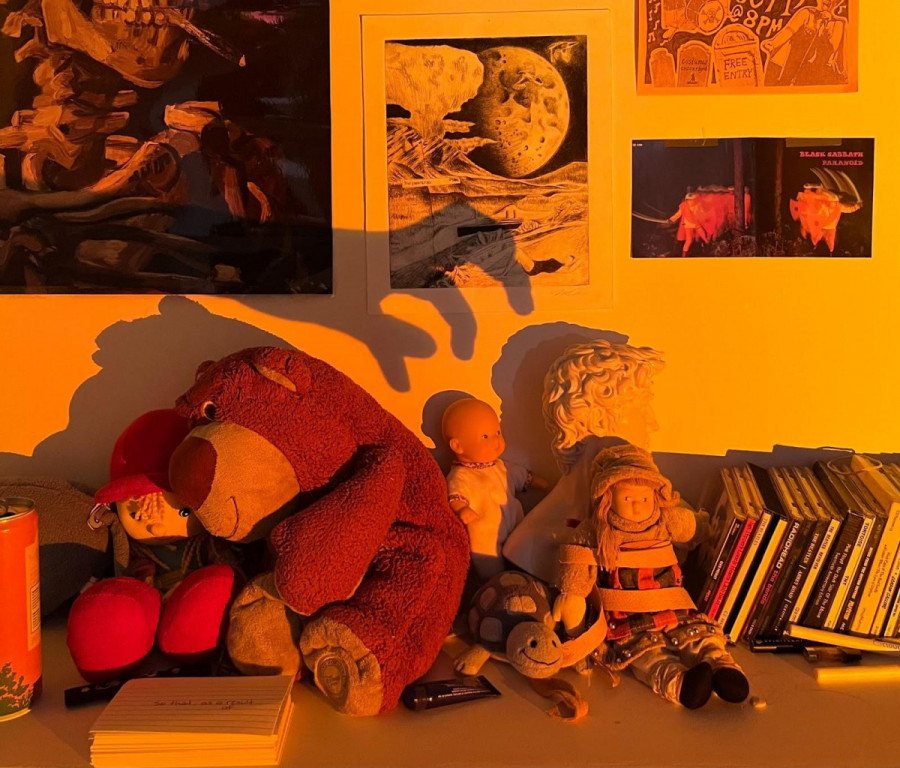PHOTO ESSAY: Restless, Impulsive, and Distracted
Living and Learning with ADHD can be a Nightmare
The seriousness with which Attention-Deficit/Hyperactivity Disorder and other neurodivergent brain processes affect an individual's ability to function in modern society are often underestimated.
ADHD is the most common type of neurodivergent diagnoses, a category that also includes Autism, Dyslexia, Borderline Personality Disorder, and Obsessive Compulsive Disorder, among others. These conditions differ in severity depending on the affected person, and both their prevalence and rate of diagnosis are becoming more common among the general population. In the United States, about 1 out of 10 children have a neurodivergent diagnosis.
While the number of people diagnosed with ADHD is increasing steadily, many neurotypical individuals fail to understand what it really means to have a learning disability. Many scientists today don’t even classify neurodivergence as a disability. Rather, they consider it a condition in which someone's brain processes information and behaves in ways different from what’s considered "typical."
Consequently, ADHD treatment often focuses on accommodating differences as opposed to curing what was once perceived as an illness. While the effects of ADHD last for life, its symptoms can be treated using medication and/or therapy.
Despite a growing understanding of the condition, there is still a lack of support for people with ADHD. Neurodivergent individuals are often regarded as immature or deviant; seen as class clowns or trouble makers for behaviors they often can’t control. These symptoms fall into two categories: inattentiveness (trouble with focus and concentration), and/or hyperactivity and impulsiveness.
ADHD also belongs to a greater brain-related issue: Executive Function Disorder (EFD). This affects the mind’s ability to break down a larger issue into smaller and more manageable parts.
This series of photos interprets the experience of living with a neurodivergent mind.
In addition to the effects of inattentiveness and hyperactivity, neurodivergent individuals often experience overwhelming sensations during everyday activities and become hyper fixated on certain interests.
Take for example some common experiences of living in a big city like Montreal. People, noise, lights, and vehicles are all stimulating sights of which an ADHD brain can overestimate the severity of—or worse, become dangerously distracted by. As a result, an after-school stroll can turn into a raging stampede.
Distortions of reality are also aggravated by related conditions that often result simultaneously in neurodivergent individuals, such as anxiety, depression, and insomnia. People tend to dissociate to cope with the mental overload brought on by these conditions, leading to a sense of detachment from their body, or feeling as if the world isn’t real.
All this to say, being neurodivergent doesn’t have to be entirely bad. Having a different way of perceiving reality can be quite interesting, as long as the affected individuals and people supporting them are knowledgeable and understanding.
This article originally appeared in Volume 43, Issue 6, published November 8, 2022.










